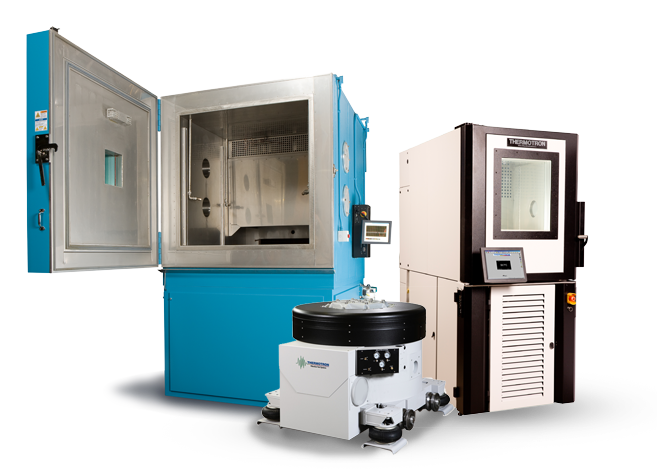When a product is manufactured, it needs to go through several types of tests to ensure that it is fit for consumption or use. For this, artificial environmental conditions have to be created. For example, to see whether a particular product can withstand heat, a hot climate has to be created, so that the changes that the product undergoes can be observed. This is where test chambers come to use. Many industries and laboratories make use of environmental test chambers for getting their products and specimens tested. Here are some of the uses of these test chambers.
Purpose of Using Environmental Test Chambers
The environmental test chambers can be described as enclosures where specific environmental conditions can be procured. These equipment are used to test industrial products and materials, biological items, and electronic components and devices. They are useful for labs and industries to create conditions which the devices and components, machinery and materials would have to undergo. Apart from developing environmental conditions, they are also used for preparing test specimens to conduct additional chemical or physical tests.
Some of the conditions that can be created in a test chamber include moisture or relative humidity, electromagnetic radiation, vacuum, rain, exposure to the sun (to cause UV radiation), electro-dynamic vibrations, salt spray, etc. Apart from these, they are also used to test whether the products can withstand extreme temperatures as well as extreme or sudden temperature variations. Once the end-product is ready, they are tested for one or more environmental parameters. Each after effect of the testing is monitored and the reliability of the product is determined.
Types of Test Chambers
Test chambers are available in various sizes according to the purpose of using the equipment; usually the complexity of the tests and products. Small test chambers are used to prepare the specimens for testing as well as to conduct the actual tests. Some of the test chambers are so small that they can easily be kept inside a universal testing machine or such other apparatus. Small test chambers are usually called bench-top models. While there are several large sized test chambers, the largest is the walk-in cabinet. There are also reach-in chambers, where the technicians can easily reach the products inside the test chamber during the testing.
These environmental test chambers come with various hi-end features. Some of the test chambers have video ports through which the products can be observed during the testing. While some machines have simple analog indicators, some of the latest test chambers possess modern digital readouts that have LCD displays. These machines are computer programmable too.

